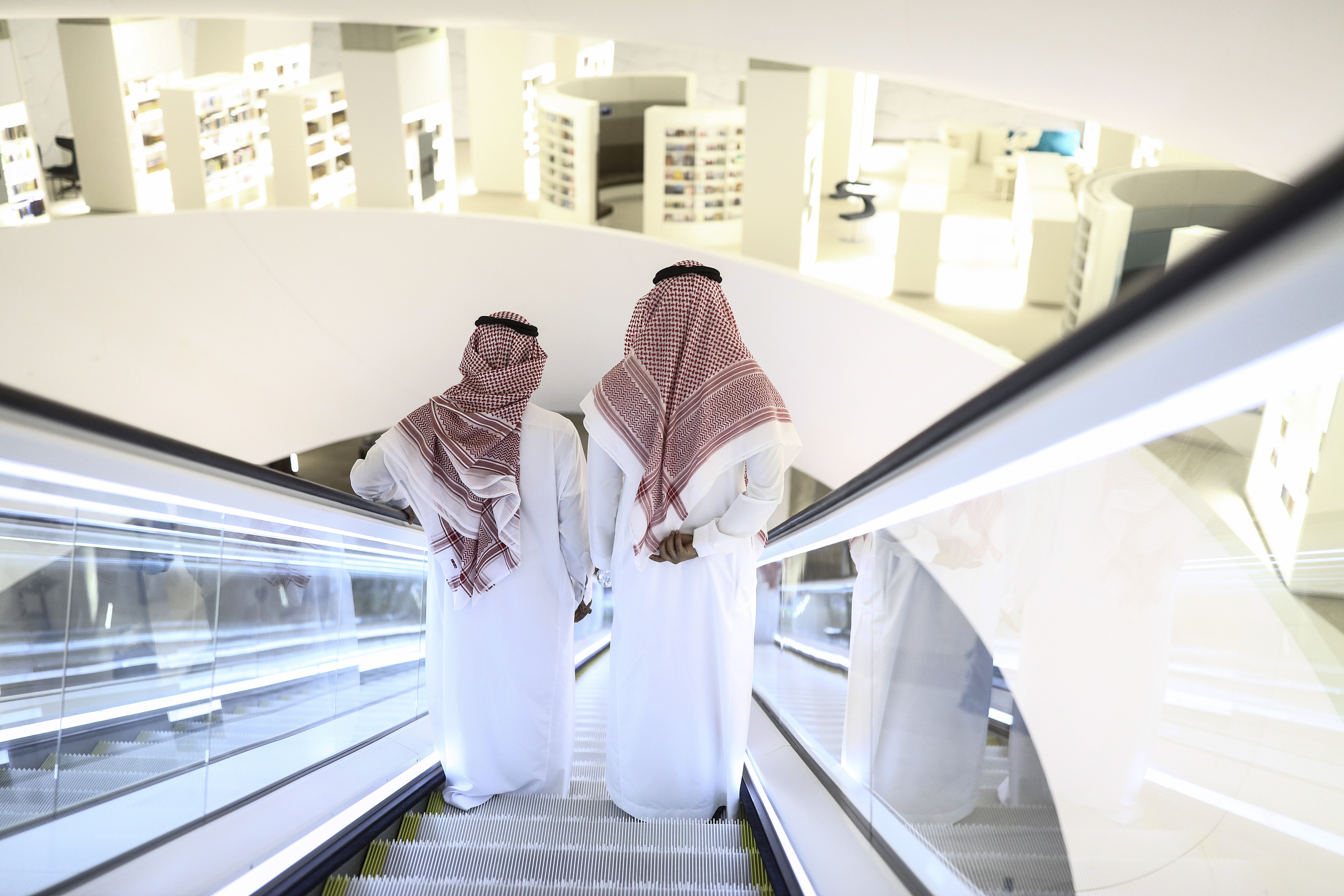
The head of Saudi Arabia’s new investment fund for semiconductor and artificial intelligence technology said the country would divest from China if it were asked to do so by the US.
“So far the requests have been to keep manufacturing and supply chains completely separate, but if the partnerships with China would become a problem for the US, we will divest,” said Amit Midha, the chief executive officer of Alat, an investment firm backed by $100 billion in capital from the Public Investment Fund.
[time-brightcove not-tgx=”true”]US officials have told their Saudi Arabian counterparts that they need to choose between Chinese and American technology as they aim to build out the Saudi Arabian semiconductor industry, Bloomberg has reported, as part of ongoing talks on a range of national security issues.
Read More: US and Saudis Near Defense Pact Meant to Reshape Middle East
“We are seeking trusted, secure partnerships in the US,” Midha said in an interview with Bloomberg News on the sidelines of the Milken Institute Global Conference in California. “The US is the number one partner for us and the number one market for AI, chips and semiconductor industry.”
Saudi Arabia is vying for regional leadership in advanced technology, with the hopes of creating data centers, AI companies and semiconductor manufacturing. Its ambitions come as the US increasingly scrutinizes the Middle East’s ties to China, over worries that countries like Saudi Arabia and the United Arab Emirates could serve as conduits for Beijing to access technology that Chinese firms are blocked from buying from the US.
The US has already asked Abu Dhabi-based AI firm G42 to divest from Chinese technology, in exchange for continued access to US systems that power AI applications. That agreement paved the way for a $1.5 billion Microsoft Corp. investment in G42.
Alat, meanwhile, will announce partnerships with two US tech companies by the end of June, and will co-invest alongside a US investment firm, Midha said. He declined to comment on which firms are involved in those talks or whether they are focused on AI, chips or a combination of the two.



0 Comments